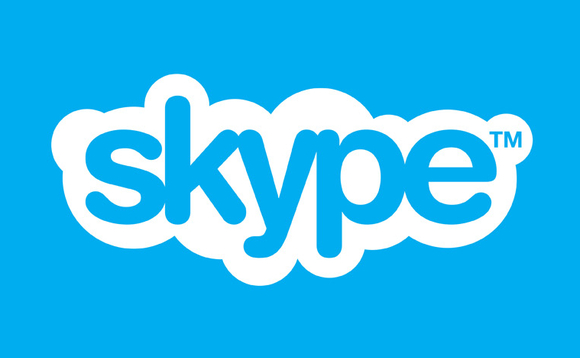For over two decades, Skype was synonymous with video calls. Whether for personal chats, business meetings, or remote interviews, Skype played a pivotal role in shaping modern video communication. However, as Microsoft shifts its focus to Microsoft Teams, Skype is being phased out—a move that marks the end of an era for one of the most iconic tools in online communication. In this article, we’ll explore Skype’s historical significance, its role in remote video interviews, and the factors leading to its upcoming discontinuation.
Skype: The Original Remote Video Interview Tool
Long before Zoom, Google Meet, and Microsoft Teams, Skype was the go-to platform for video calls and remote interviews. Launched in 2003, Skype revolutionized online communication by allowing users to make free voice and video calls over the internet. During the 2000s and early 2010s, Skype became the default tool for remote job interviews, enabling employers to connect with candidates worldwide without incurring travel costs. Companies across industries relied on Skype’s free and easy-to-use video calling features to screen talent globally.
Why Skype Was Ideal for Remote Interviews:
- Reliable Video Calls: One of the first tools to offer stable video connections for extended conversations.
- Screen Sharing: Allowed interviewers to showcase presentations or review candidates' work in real-time.
- International Reach: Eliminated the need for expensive international phone calls.
For nearly a decade, Skype dominated both professional and personal video calling; however, its decline became inevitable as technology evolved and new competitors emerged.
Why Is Skype Being Discontinued?
Microsoft acquired Skype in 2011 for $8.5 billion, expecting it to become the standard for workplace communication. However, instead of evolving to compete with newer tools, Skype stagnated while competitors like Zoom, Google Meet, and Microsoft Teams surged ahead.
Key Reasons for Skype’s Decline:
- Transition to Microsoft Teams: Microsoft shifted its focus to Teams, which integrates seamlessly with Office 365 and is preferred by businesses.
- Slow Development: Skype failed to innovate quickly, while competitors introduced features like better video quality, virtual backgrounds, and breakout rooms.
- Complex User Interface: Skype’s UI updates confused long-time users, leading many to switch to simpler alternatives.
- Performance Issues: Compared to modern platforms, Skype often suffered from higher bandwidth usage and occasional connection issues.
- Security Concerns: In an era where businesses prioritize end-to-end encryption and enterprise-grade security, Skype didn’t keep up with competitors like Signal and Zoom.
While Skype is still available, Microsoft has made it clear that its focus is now on Teams, and Skype’s days are numbered.
When Will Skype Be Shut Down?
Microsoft has announced that Skype will be discontinued on May 5, 2025. Users are encouraged to transition to Microsoft Teams before this date to ensure uninterrupted communication services.
Best Alternatives to Skype for Remote Interviews and Calls
With Skype on its way out, here are the best alternatives for remote interviews, business meetings, and personal calls.
For Remote Interviews:
- Zoom: The industry leader for professional video calls, widely used for job interviews.
- Google Meet: Easy-to-use and integrated with Gmail and Google Calendar.
- Riverside.fm: High-quality local recording for podcast-style interviews.
- Zencastr: Best for interviews requiring high-fidelity audio and video.
For Business and Team Communication:
- Microsoft Teams: The official replacement for Skype, best for Office 365 users.
- Slack Huddles: Quick audio and video calls for remote teams.
- Google Chat & Meet: Best for Google Workspace users.
For Personal Video Calls:
- FaceTime: Best for Apple users.
- WhatsApp Video: Popular for mobile video calls.
- Telegram & Signal: Secure alternatives for privacy-conscious users.
The Legacy of Skype in Video Communication
Skype pioneered video communication and set the foundation for today’s video conferencing tools. It was the first widely adopted platform for remote interviews, long-distance calls, and professional meetings. However, technology evolves rapidly, and Skype’s slow adaptation led to its downfall. While it may be retiring, its influence lives on in the tools we use today—Zoom, Microsoft Teams, and countless others.
If you still rely on Skype, now is the time to migrate to a modern alternative before the platform is officially shut down. The world of video communication has moved forward, and Skype’s journey is coming to an end.
Need Help With Your Streaming Project?
This article was written by experienced professionals available through iReplay.tv. Whether you need expertise in skype shutdown discontinuation video call remote interviews microsoft teams udp tcp—our network of specialists can bring your project to life.
Hire a Professional →
